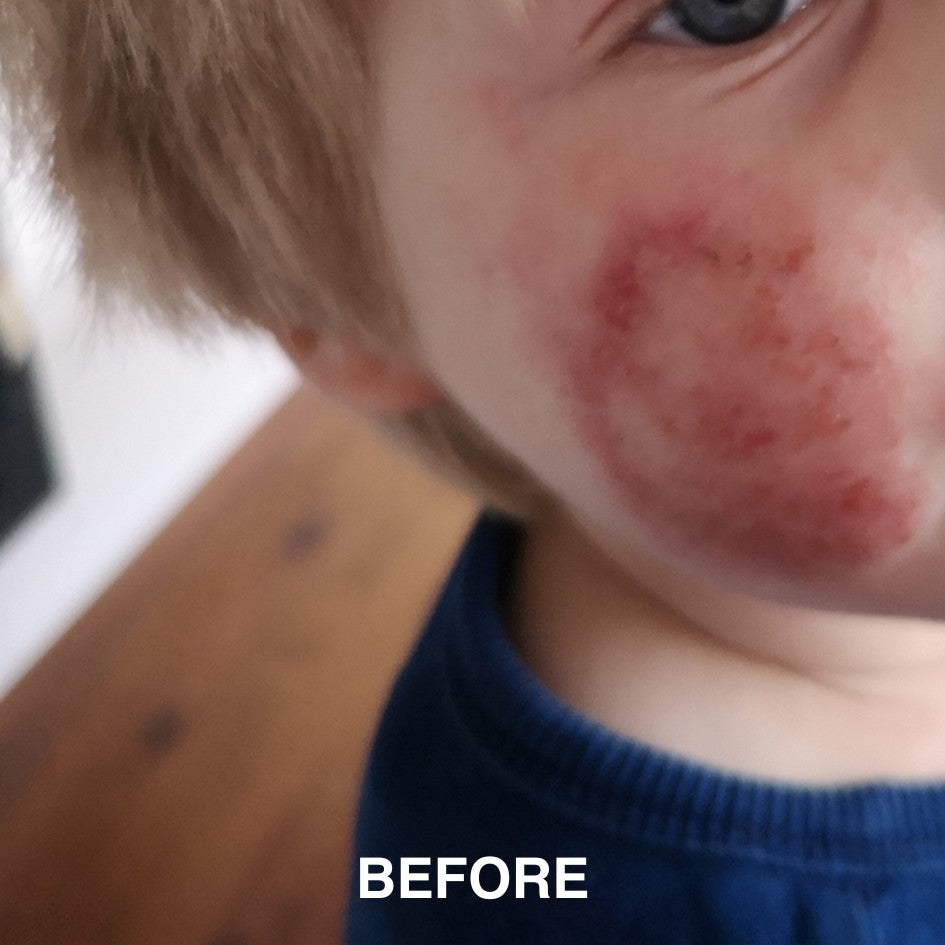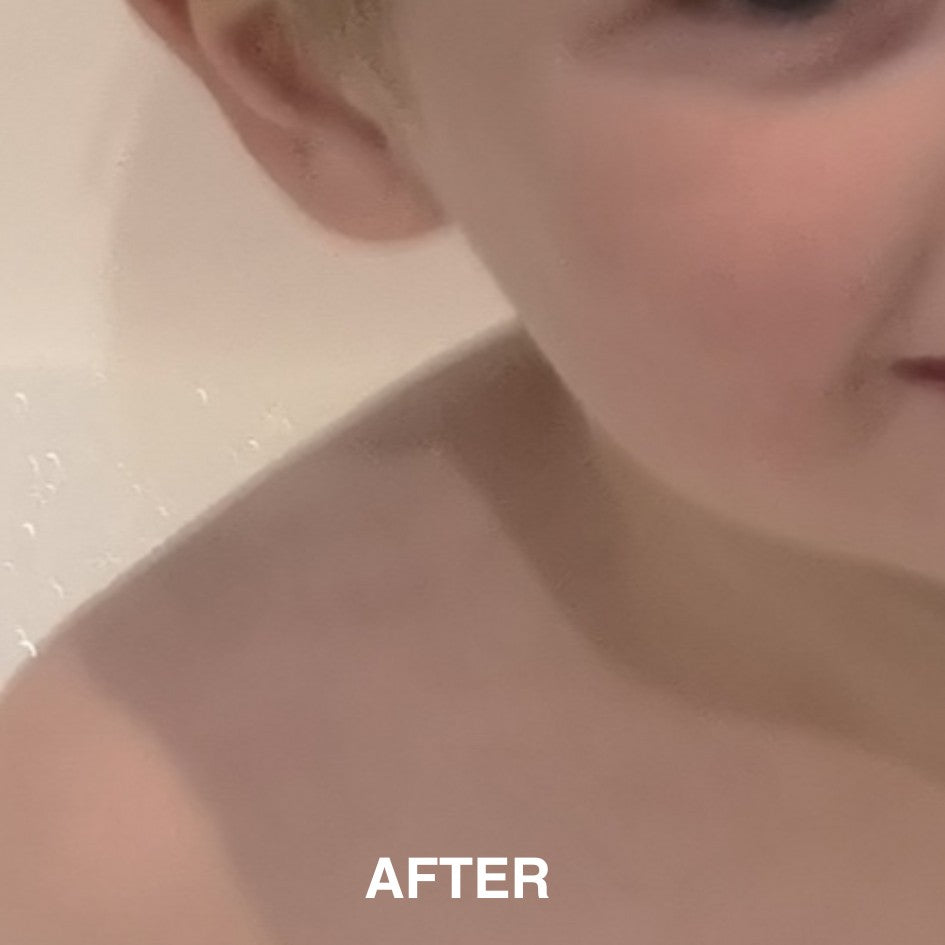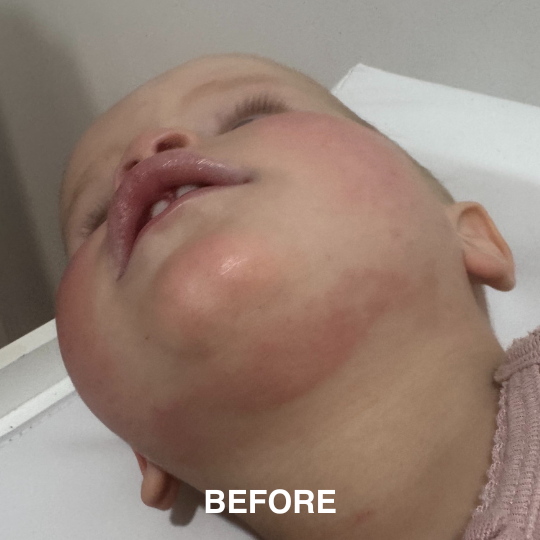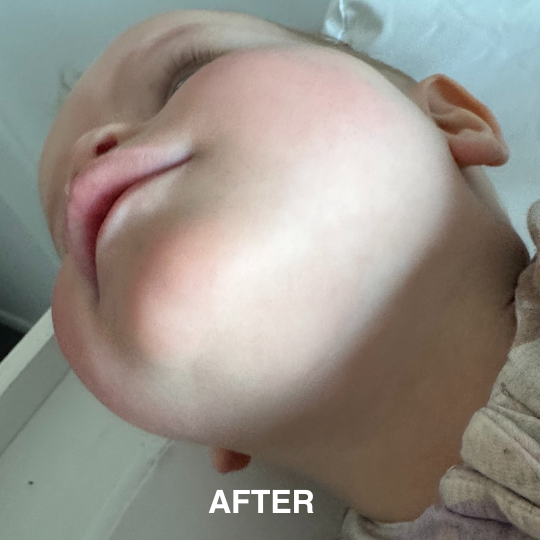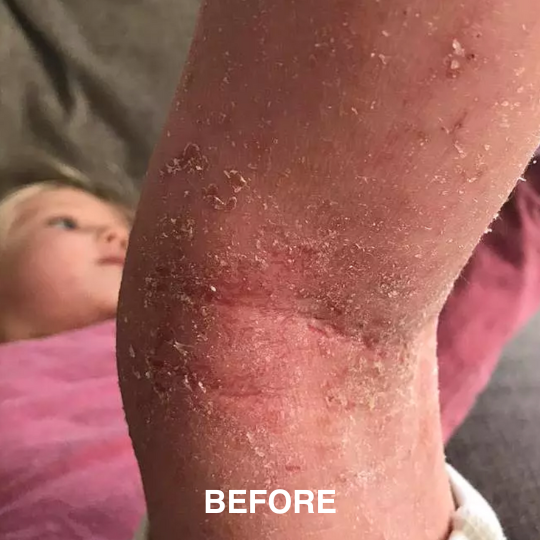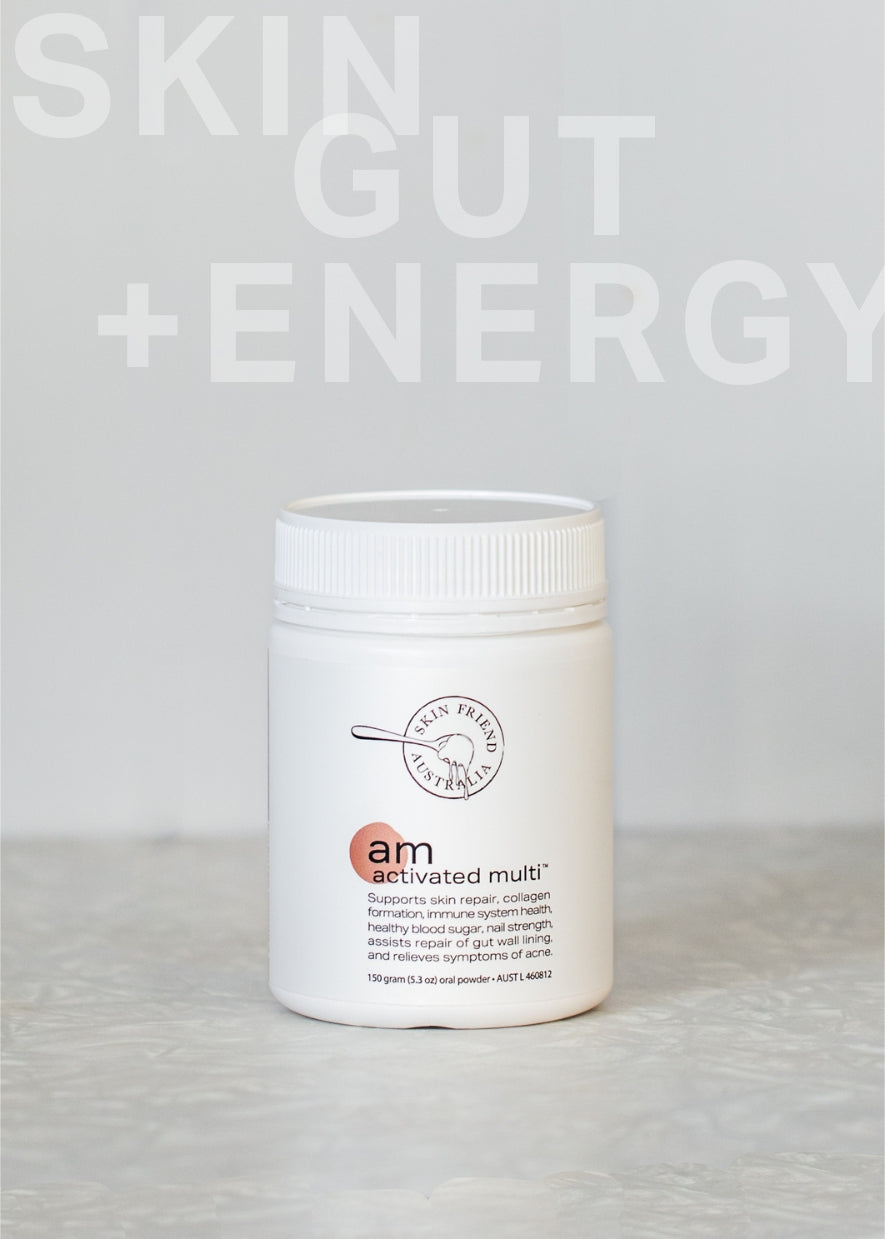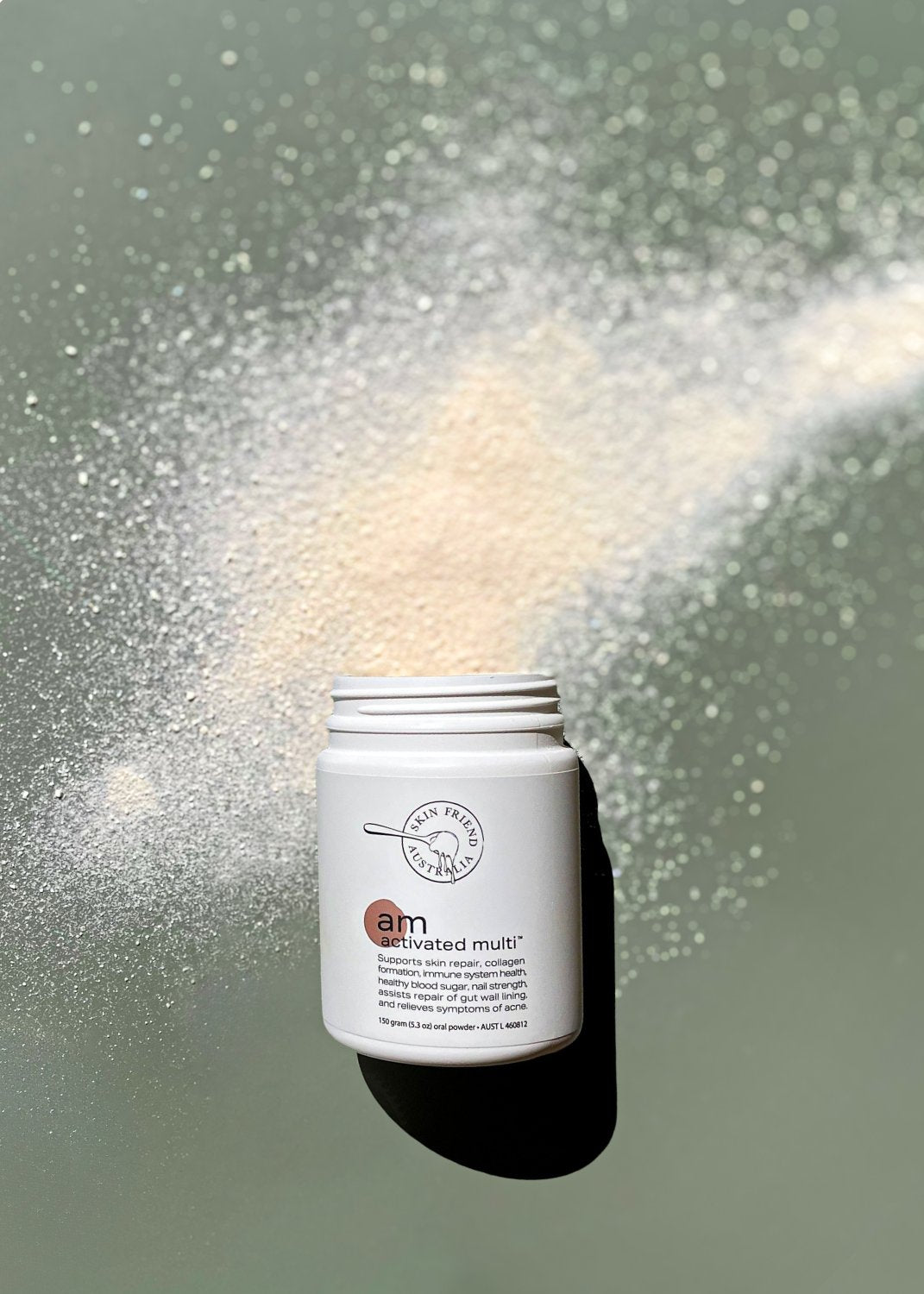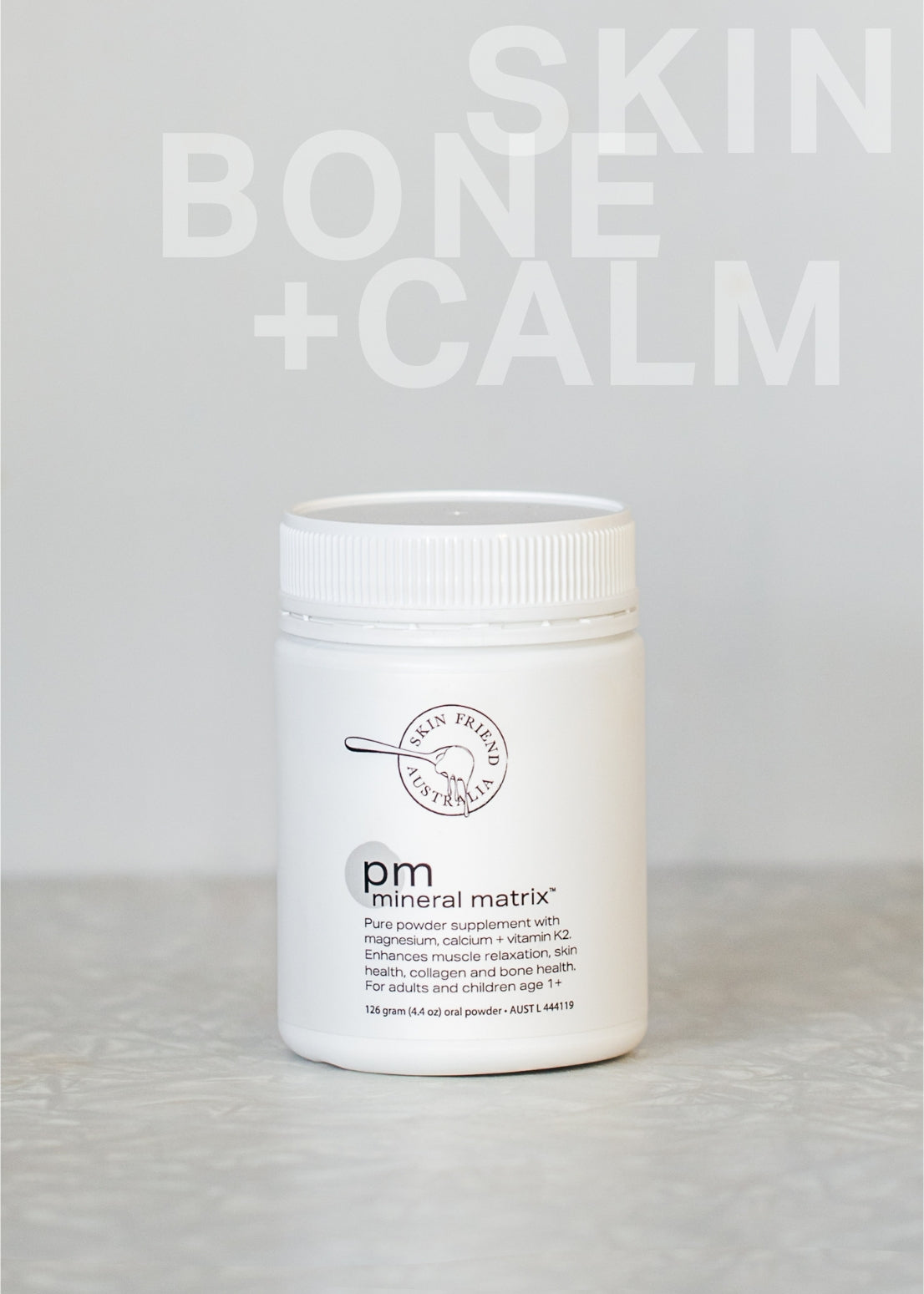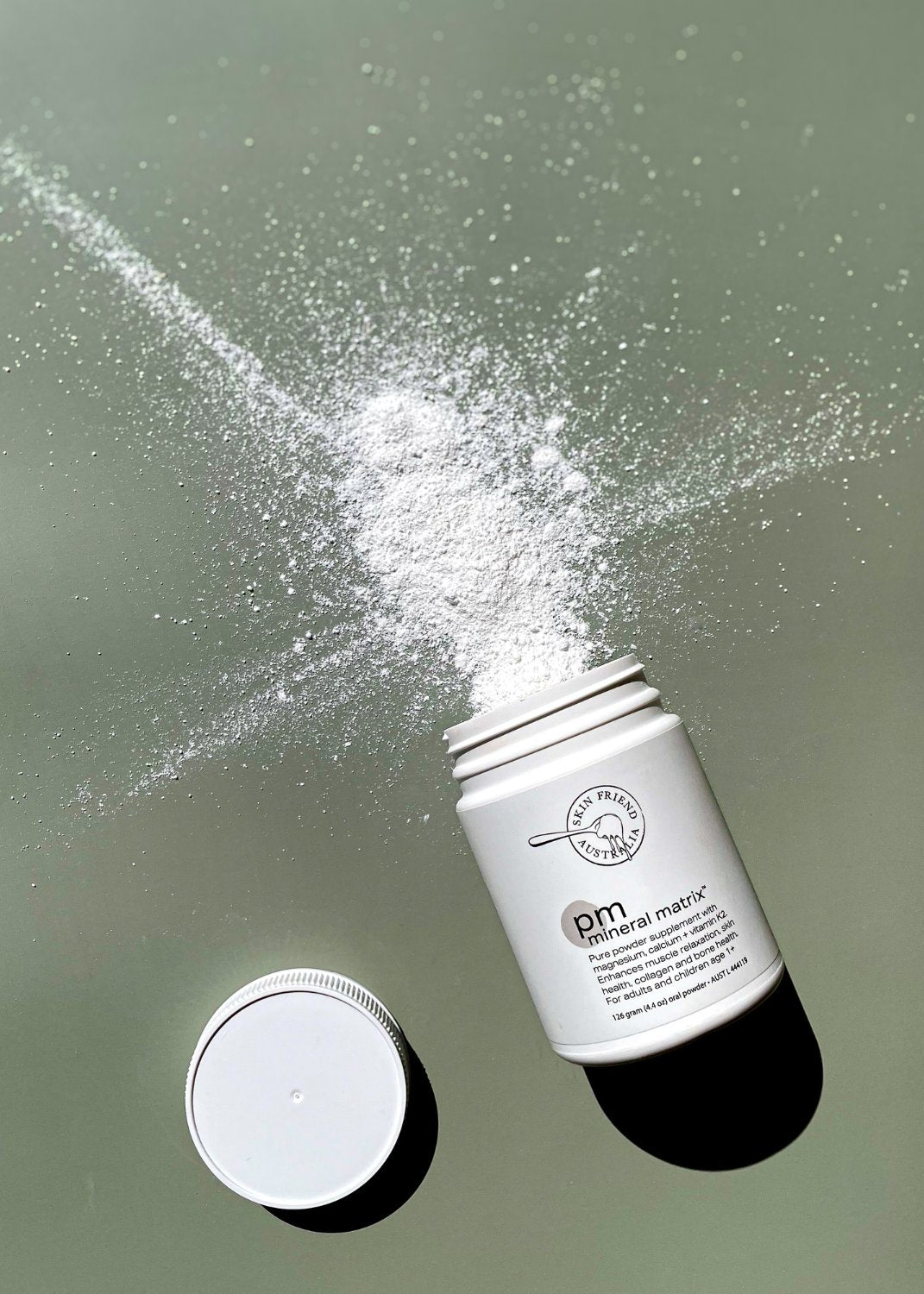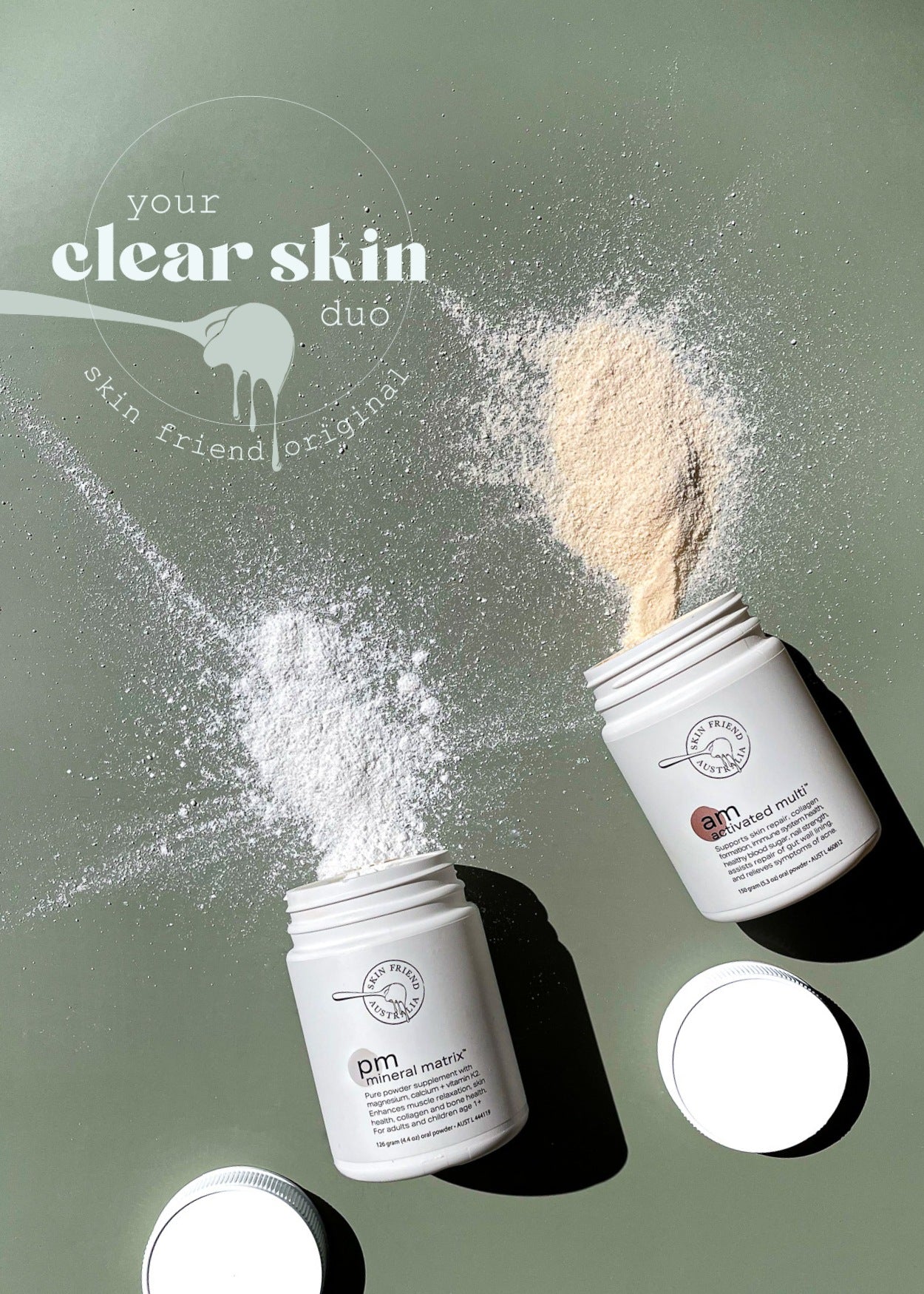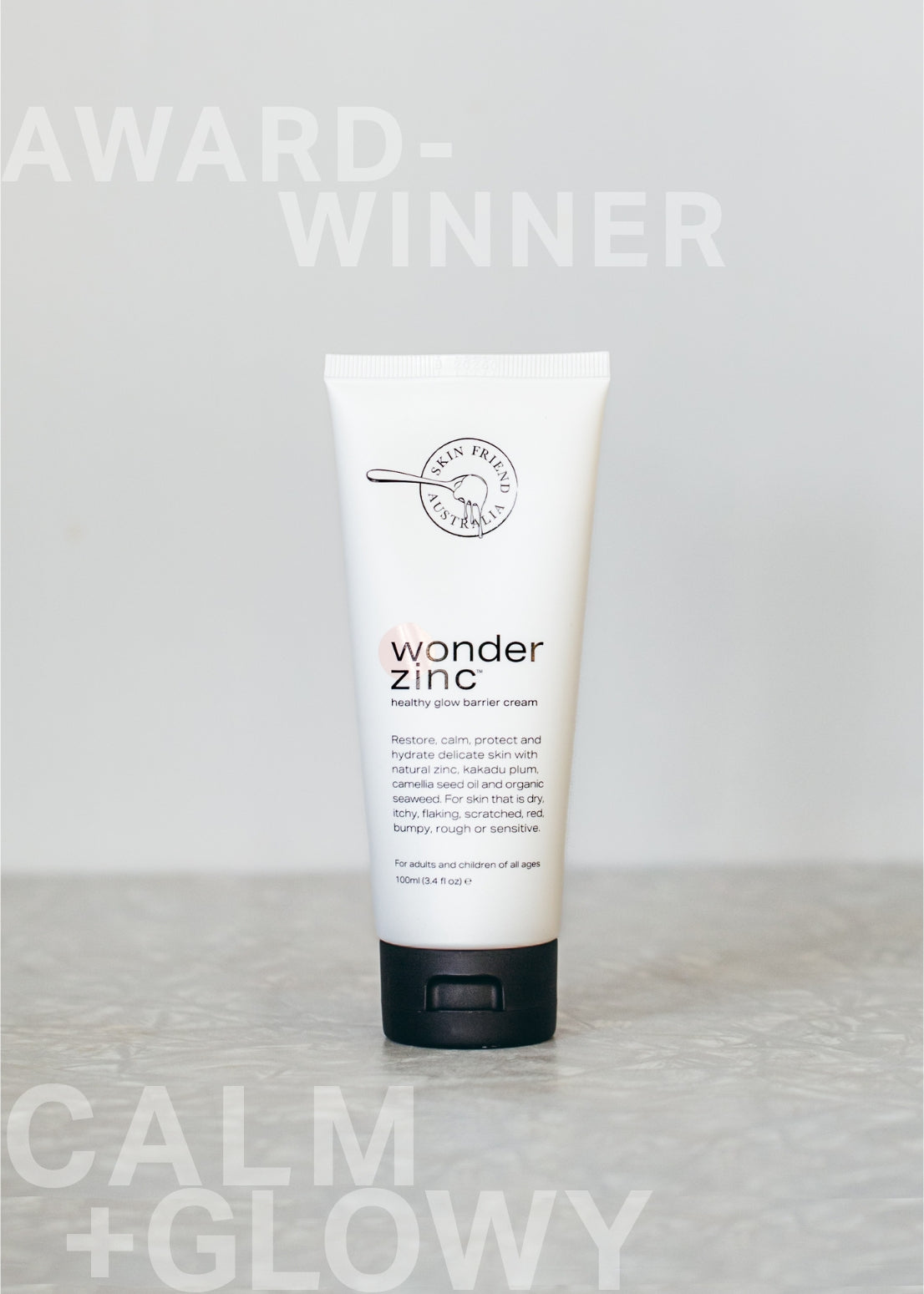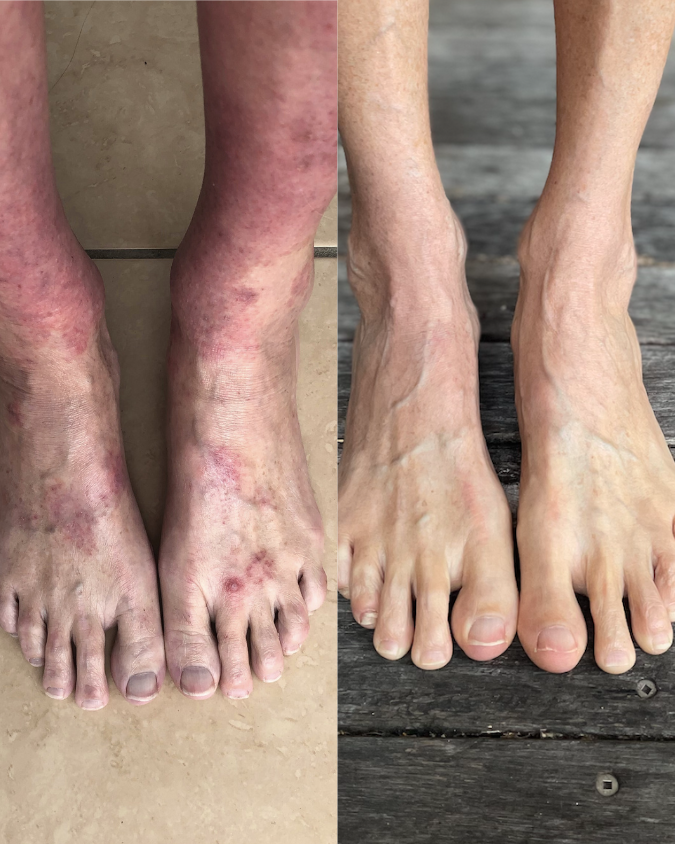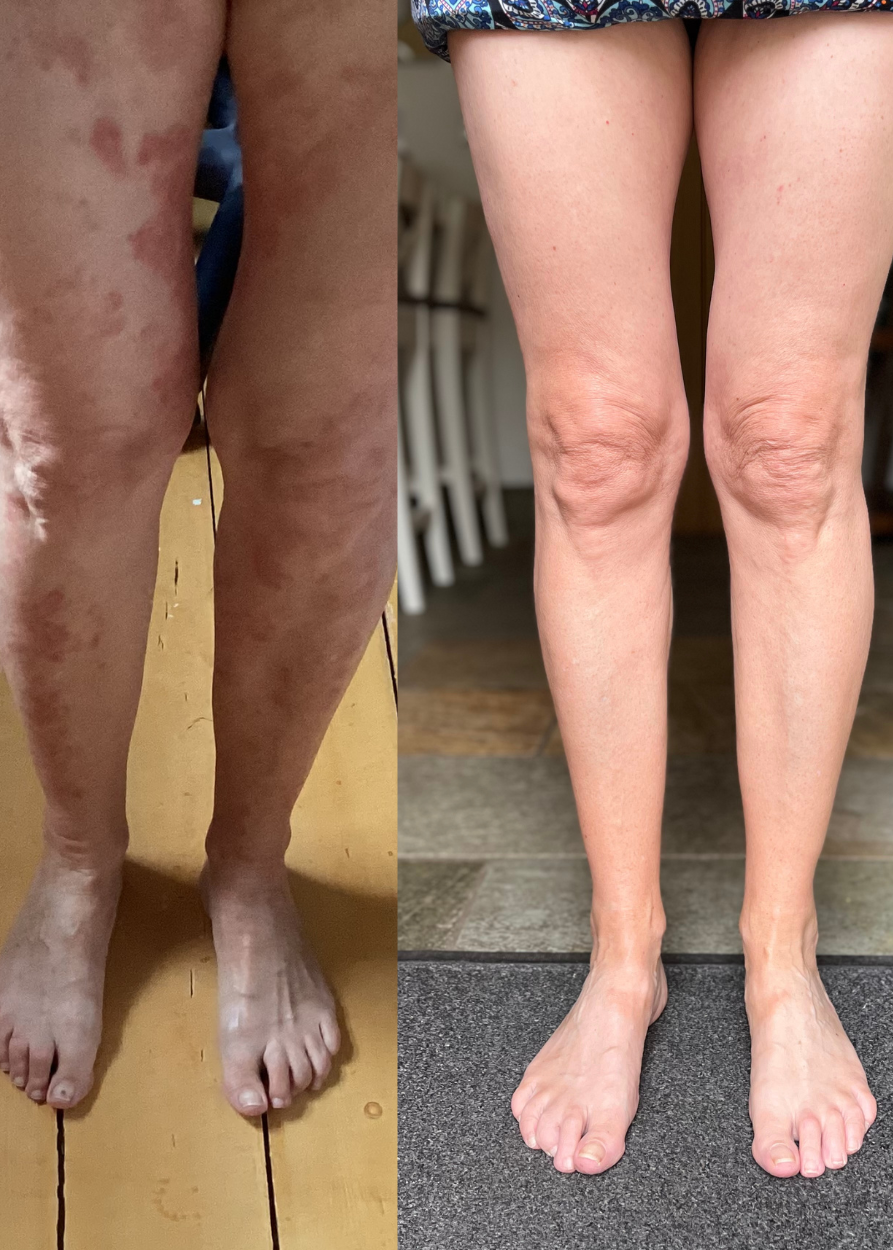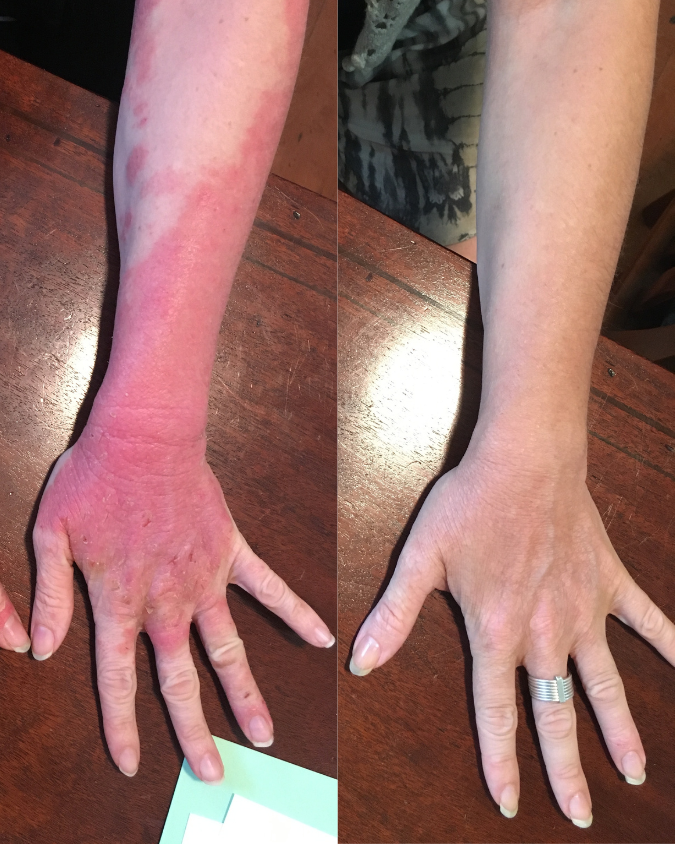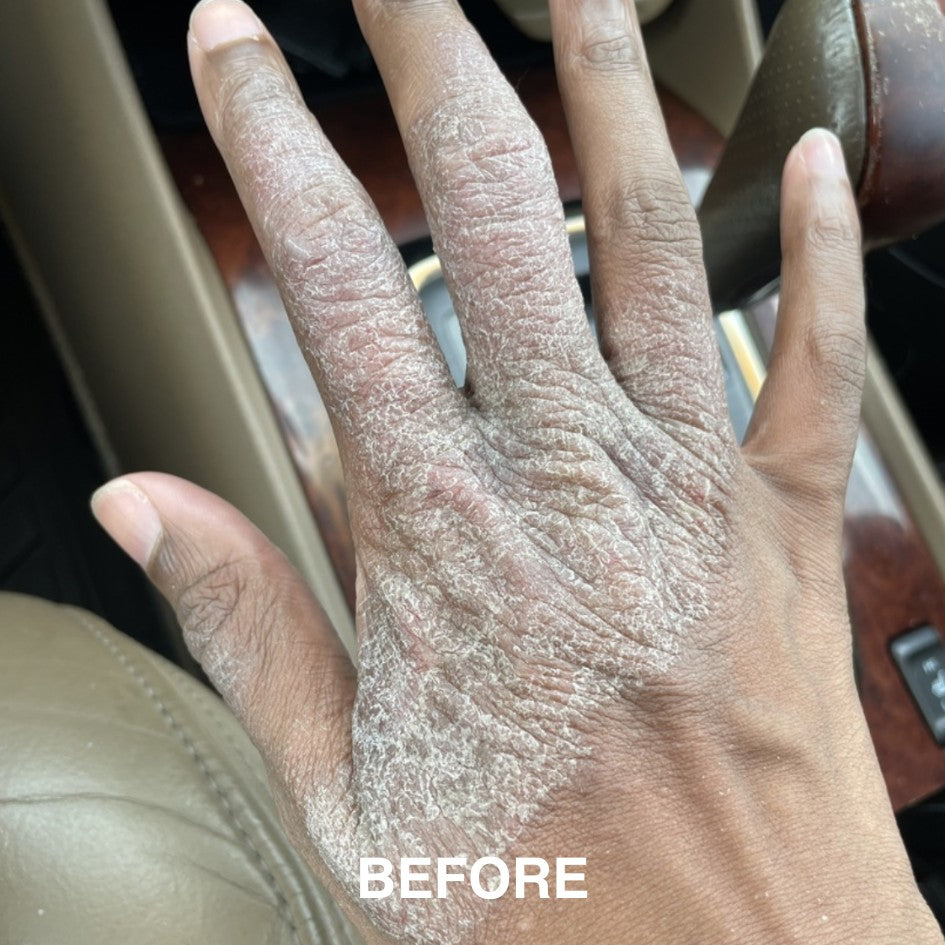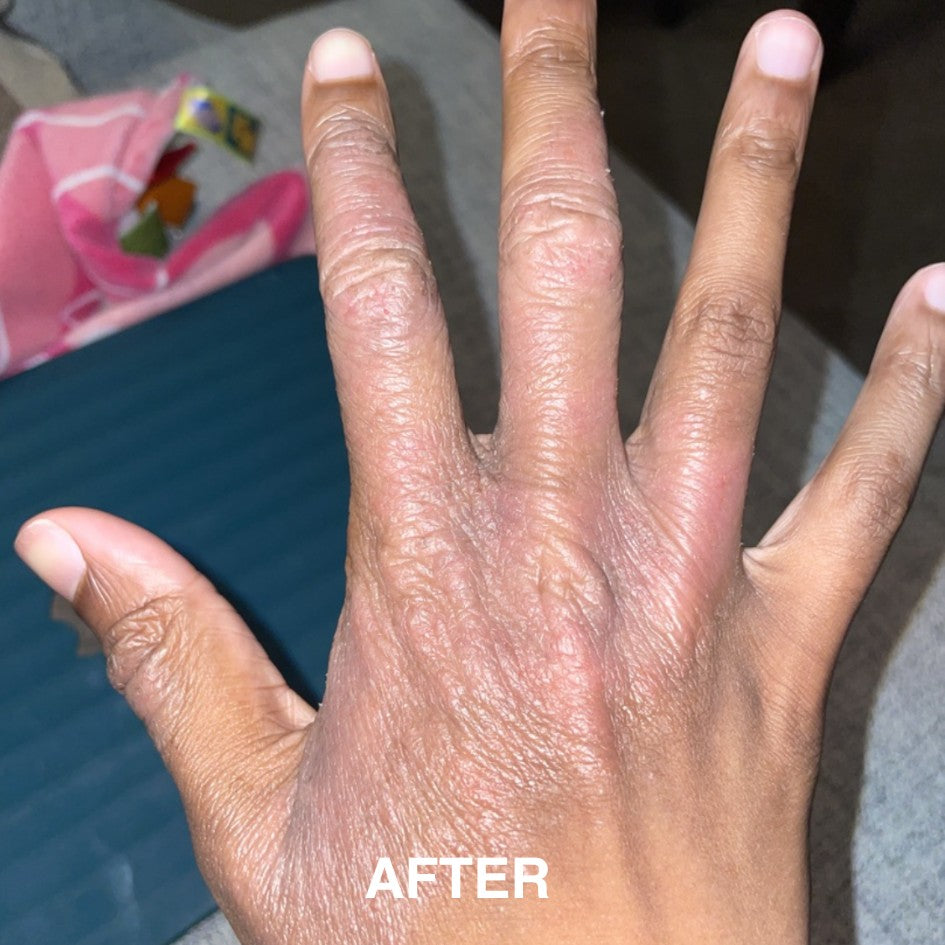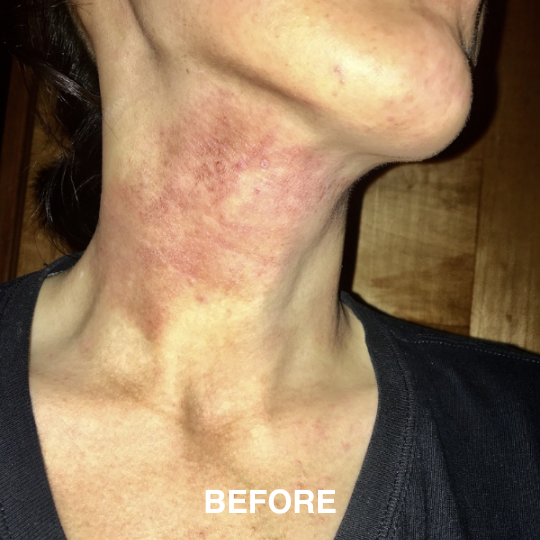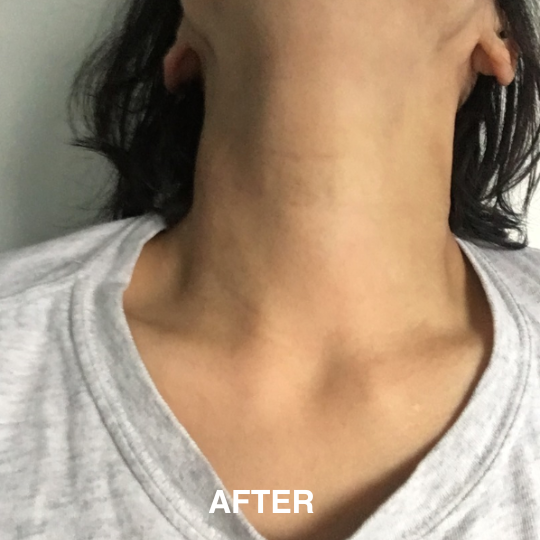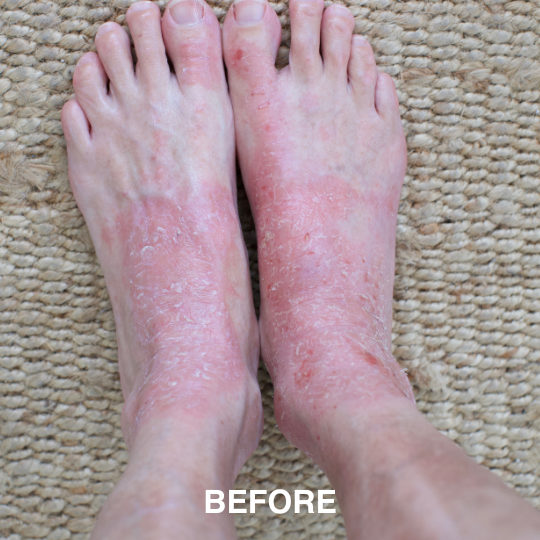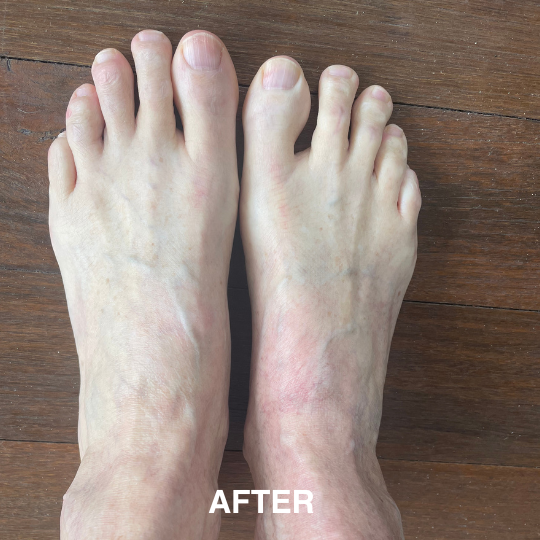Tired of tossing and turning, even when you’ve “done everything right”?
Maybe you’ve cut back on coffee, tried different bedtime routines, or even turned to sleep aids – yet deep, refreshing rest still feels out of reach. The truth is, the root cause of poor sleep is often overlooked, and science shows magnesium could be the missing link.
As someone who researches nutrition and skin health, I’ve seen how this mineral does far more than relax muscles – it actually helps regulate your body’s stress response and supports the natural rhythms that guide healthy sleep. If nothing has worked for you so far, understanding the real benefits of magnesium for sleep could change everything.
How Magnesium Supports Restful Sleep
Magnesium plays a crucial role in regulating sleep by balancing key brain chemicals. It helps support GABA (a calming neurotransmitter) and melatonin (the hormone that signals our body it’s time to sleep) – especially helpful if you have a busy mind at night.
What Does The Science Say?
Studies find that lower magnesium levels could be linked to poor daily function and sleep, from nighttime restlessness to daytime drowsiness.
The results were impressive: those taking Magnesium L-threonate (MgT) maintained good sleep quality while the placebo group declined. Objective Oura ring data showed significant improvements in deep sleep, REM sleep, light sleep time, and daily activity scores. Subjective questionnaires also revealed better morning alertness, energy, mood, and productivity.
Clinical trials, however, show mixed results. Some trials report slight improvements in sleep duration or how fast people fall asleep, while others saw no clear benefit – or inconsistent results. Overall, while the evidence isn’t rock-solid, many people still notice gentle improvements with consistent use.
Trying Magnesium for Sleep
- Start with a gentle routine: Take magnesium powder about 60–90 minutes before bed. This gives it time to help your nerves relax.
- Be consistent: Most real changes show up after 1–2 weeks. Keep a sleep log (time to fall asleep, awakenings, morning freshness) to track progress.
- Pair with calming habits: Good sleep isn’t just about nutrients but also habits. Dim lights before bed, avoid screens, and let your evening wind down gently.
Is It Right For You?
Magnesium isn’t a quick-fix sedative, but most people who try it, especially magnesium glycinate for sleep, find it easier to fall asleep and wake feeling more rested. Whether your sleep struggles come from racing thoughts or restless muscles, magnesium might be just the gentle support you need.
If you're curious about magnesium's sleep benefits, check out our magnesium powder for sleep and start building a nightly routine that helps you truly rest.

Click for references
Breus MJ, Wang H, O'Bryan A, et al. Effectiveness of magnesium supplementation on sleep quality and mood for adults with poor sleep quality: a randomized double-blind placebo-controlled crossover pilot trial. Med Res Arch. 2024;12(7). doi:10.18103/mra.v12i7.5410. Available from:https://esmed.org/MRA/mra/article/view/5410.
Duga M. Magnesium and sleep health: a critical medical review of its role in sleep regulation and clinical management. 2025. Available from: https://www.academia.edu/129253059
Mah J, Pitre T. Oral magnesium supplementation for insomnia in older adults: a systematic review and meta-analysis. BMC Complement Med Ther. 2021;21(125). doi:10.1186/s12906-021-03297-z. Available from: https://pubmed.ncbi.nlm.nih.gov/33865376/
Papadopol V, Nechifor M. Magnesium in neuroses and neuroticism. In: Vink R, Nechifor M, eds. Magnesium in the Central Nervous System [Internet]. Adelaide (AU): University of Adelaide Press; 2011. Available from: https://www.ncbi.nlm.nih.gov/books/NBK507254/

Karen Fischer
Karen Fischer is a registered nutritionist, award-winning author, and skin health expert with over 20 years of experience. With a Bachelor of Health Science (BHSc) and ongoing PhD research in eczema, she developed science-backed, toxin-free solutions that have helped thousands. As the founder of Skin Friend, Karen formulates innovative skincare and supplements endorsed by doctors and dermatologists. She’s the author of seven health books, including The Healthy Skin Diet, The Eczema Detox and The Eczema Diet, and her research is set for publication in 2025. Featured in Marie Claire, Cosmopolitan, and Sky News, Karen is dedicated to helping people achieve healthy, resilient skin.





